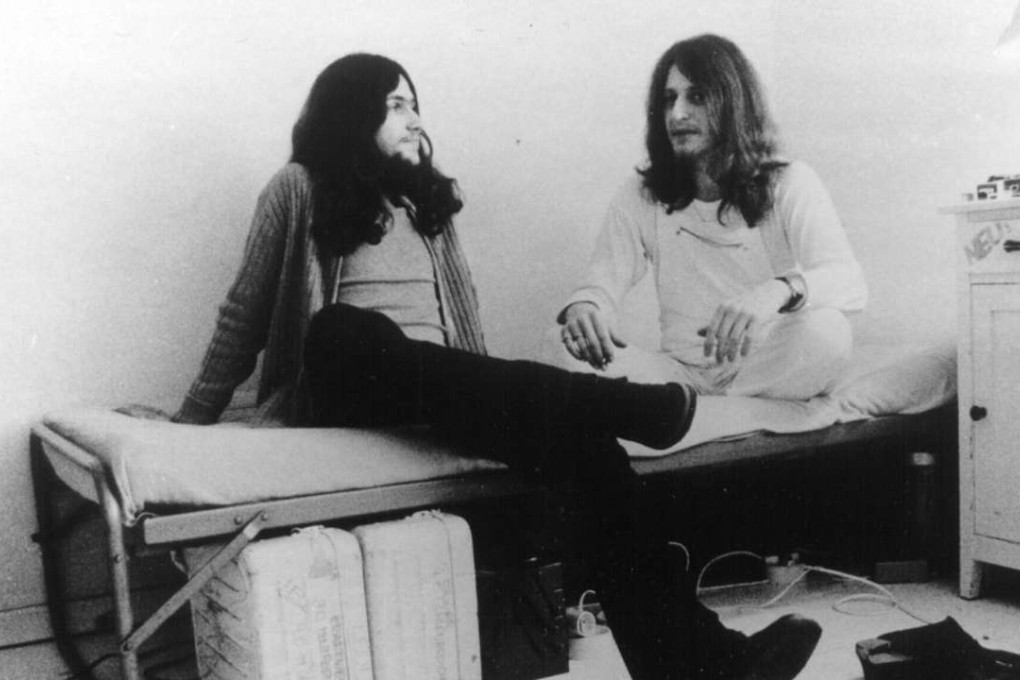Krautrock legend Michael Rother looks to future as much as past in concert
Now 66, Hong Kong-bound former Kraftwerk, Harmonia and Neu! guitarist says he and bandmate Klaus Dinger had no idea they were making history with their remixes, ambient sound and proto-punk

“For me it’s important to have the freedom to move things around,” he says. “It would be very boring to try and recreate the originals. It’s not a nostalgic show: it’s about the future as much as the past.”
His performance at the Kowloon Bay venue, part of a China tour that follows a previous visit to Beijing and Shanghai in 2014, kicks off a sort of slow-motion festival in Hong Kong celebrating krautrock, the hugely influential, stripped-down form of deconstructivist rock that emerged in Germany in the late 1960s and shaped the future of everything from ambient electronica to punk and indie rock.
Rother’s gig is followed in December by one by his former Harmonia bandmate Hans-Joachim Rodeleius, then in January by three Manuel Gottsching concerts: as a solo artist, and then with his classic Krautrock outfits Ashra and Ash Ra Tempel. The festival is rounded off in February by the visit of madly prolific electronic music pioneers Tangerine Dream.
Krautrock as a genre was actually a British invention, a term coined by the music press to describe the massive flowering of experimental rock talent in Germany, based on a mild ethnic slur, and then appropriated by Germans as a badge of honour.